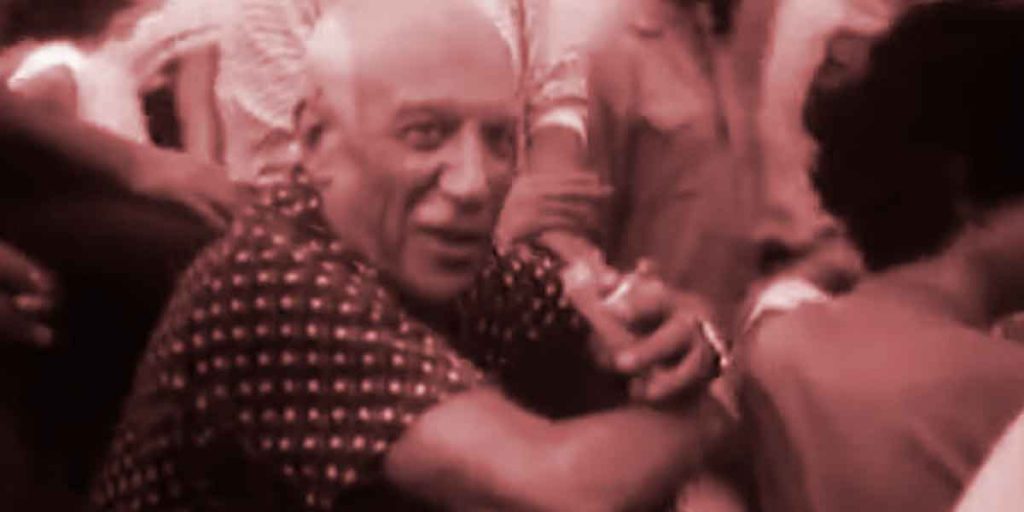Picasso’s Estate Plan
Pablo Picasso passed on no will to assign how should be managed his property: a serious mix-up, taking into account that he had 4 separate kids with 3 women and 2 spouses. $30 million dollars of his home being lost to legitimate charges alone. Despite this, issues have kept on emerging in regards to the possession, conveyance of his name, picture, and craftsmanships. Though there was the French Trust Council to protect most of it.
There are still reports of deferred verifications, varying sentiments between kin regarding which works are valid and which are frauds, with confounding deals of works to more than 1 client at a time, resulting in exorbitant discounts and more infighting the craftsmen’s relatives.
Following quite a while of what appeared to be a close serene impasse of Picasso’s home, disarray will strike. All of this goes to show the various outcomes that can emerge because of neglecting to make a will for one’s family members and family. You may not be a tycoon, or a popular painter, however, you may have a mind-boggling family structure and significant property, both that you wish to be ensured long after your lifetime. Hence, it is vital to guarantee that whatever your family picture seems as though, it tends to be one whose future you are appropriately making arrangements for. Call us today to set up your own gathering and begin arranging what you will resemble.
FAQ
- If my spouse dies, do I get his social security and mine?
Yes, according to the surviving spouse law, you’re able to collect all funds from his or her social security onto yours.
2. What is a pour-over will?
A pour-over Will is a Will written and documented stating the actions needed to be done through the trustee which will be transferred to him or her. The truster is someone who’s responsible for many assets to be taken care of or sent to assigned beneficiaries.
3. Who qualifies for Medicaid in NY?
Women who are pregnant or those with children over the age of 18, seniors, and those with disabilities. Disabilities such as blindness, deafness, etc, or physical injury are also eligible for Medicaid.
4. What is elder law?
Elder law handles long-term care including future medical care, special needs care for those who are handicapped or mentally disabled, and estate planning from ages over 50. This type of law also handles cases with elder abuse as long as there’s evidence of these sorts of cases. Elder abuse can come from members of the family and the elder can approach a lawyer to report this sort of behavior to prevent manipulation of your estate plan.
5. Does transfer on death avoid probate?
The transfer of death only makes the probate process much more difficult having you provide additional details and reason for the transfer. This makes the process longer and if it’s longer, it’ll be more expensive. The only way to avoid probate is through a trust because everything would be set up or planned ahead, especially the transfer of death.
6. Are living trusts revocable or irrevocable?
A living trust can be both but with an irrevocable trust, you cannot change anything that’s been documented unless you discuss the changes with all beneficiaries and court.
7. If my spouse dies do I get his social security and mine?
Because of the laws of Estate Planning, there’s something labeled, the surviving spouse clause where if one spouse dies, the surviving spouse gets his or her assets. The only assets not provided would be government funds that the spouse still owes or would actually lose the entire thing because of labeled ownership unless there’s a Will stating rights to owning these finances.
8. Why do I need an elder law attorney?
The only reason you should have an elder law attorney is to have a lawyer to care for cases that are related to future needs leading to promising medical care that can protect yourself and your assets including your estate. An elder law attorney can also protect you from elder abuse that you can report to your lawyer and court.
9. What happens if you die intestate?
Who’s ever married to you or related to you by blood gets your inheritance through the surviving spouse gets it all unless the Will or trust says differently.
10. How long can you receive unemployment in NY?
In the state of NY, you can collect unemployment for 26 weeks but with the pandemic happening, it can go as long as this is drawn out.









